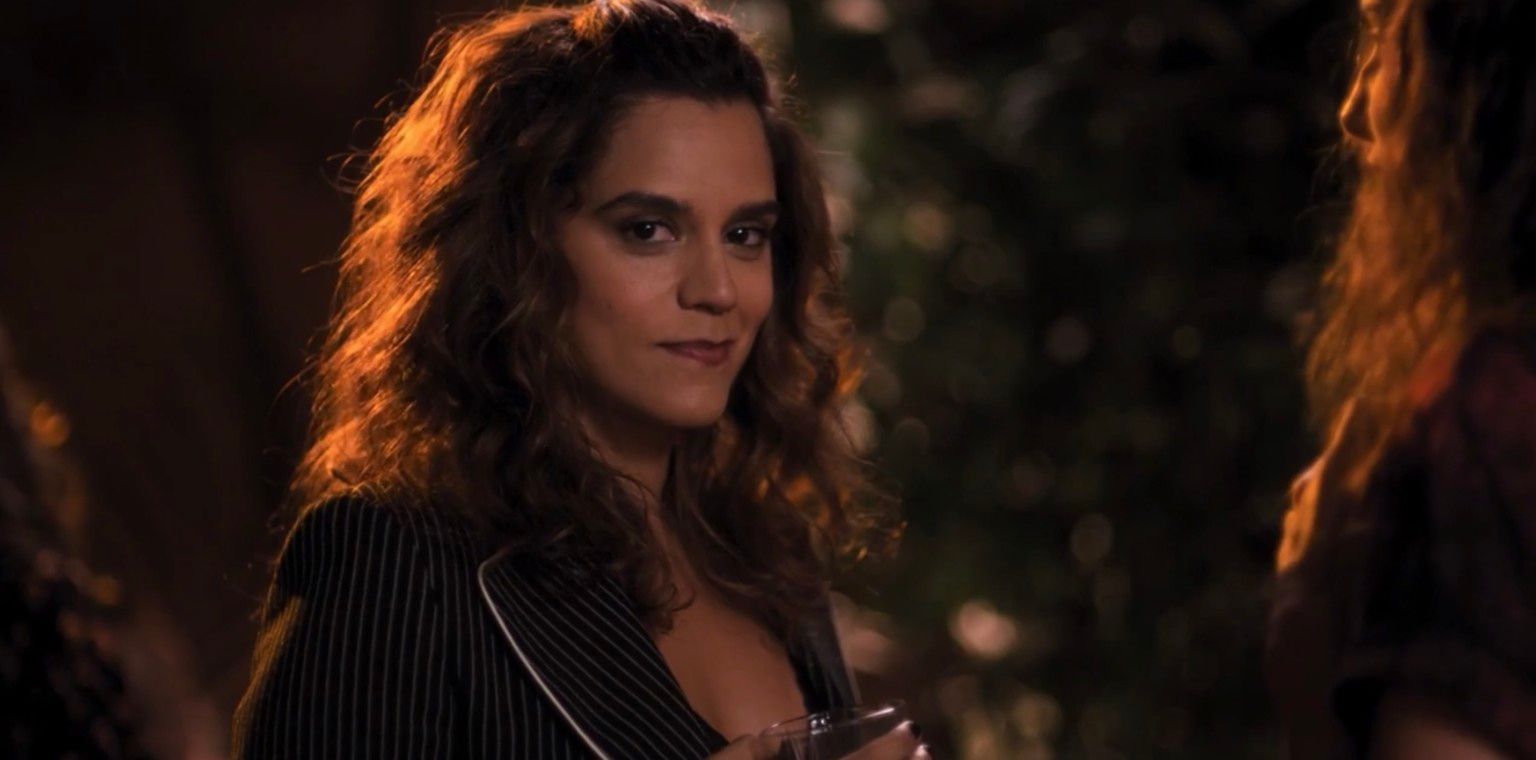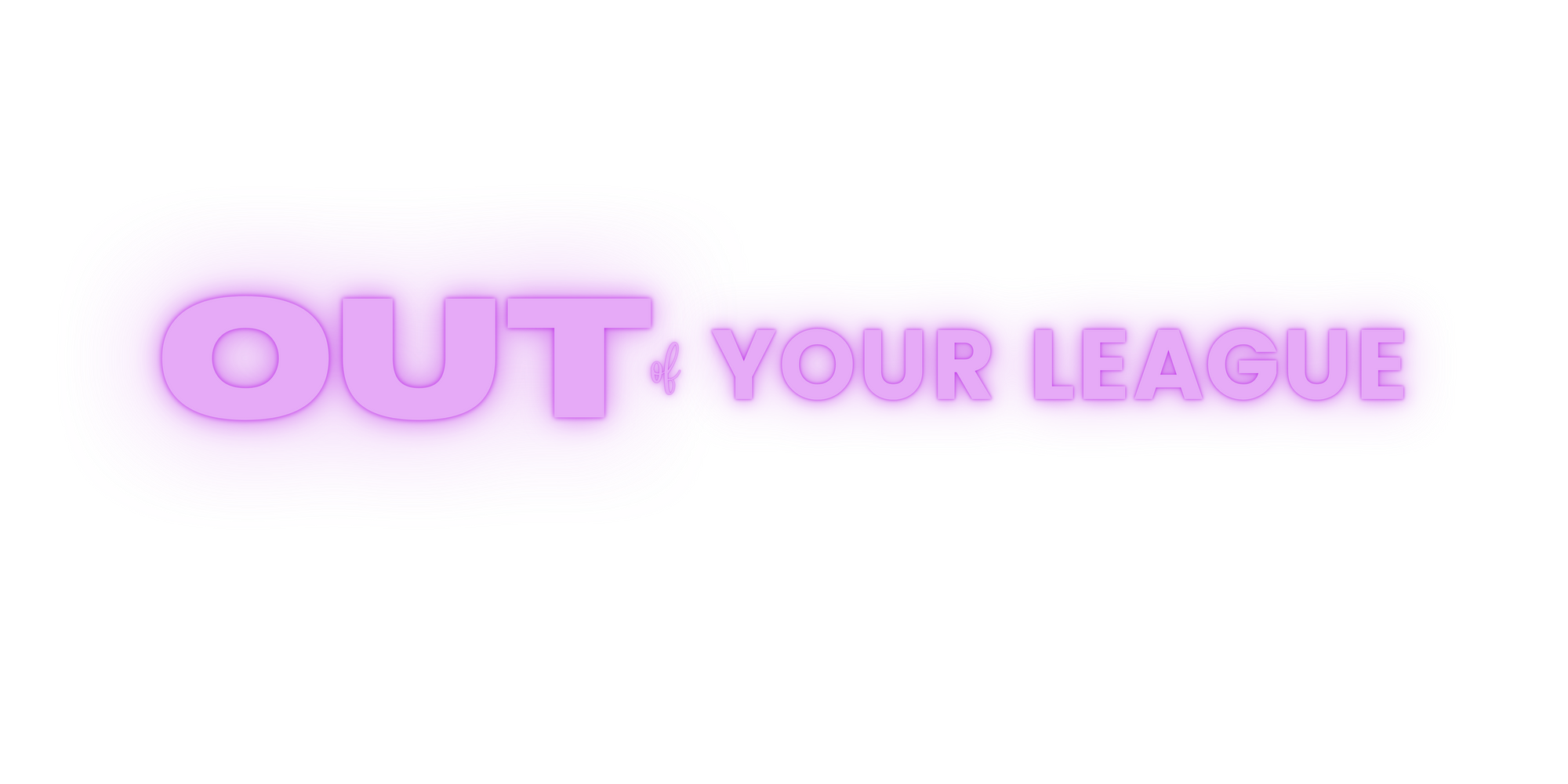a tale of two queer shows
the l word vs work in progress
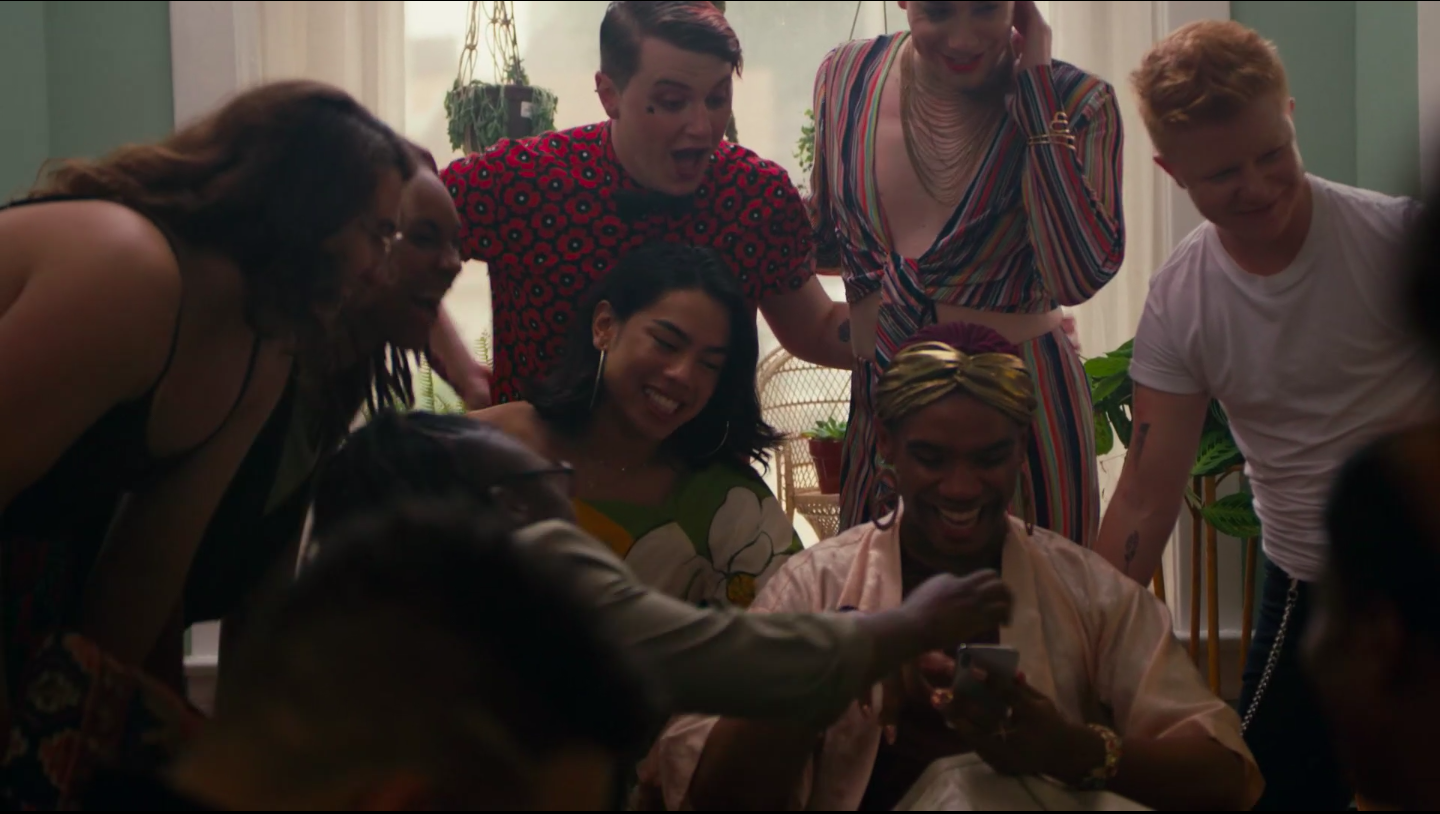
Some issues of this newsletter (like this one!) will continue to be free, but the bulk of my content won’t be. If you’d like to sign up for the paid version of this newsletter—one to two issues per week—you should do that! Your support will mean a ton for me as I write my book and try to establish my financial independence post-divorce.
Showtime currently has two very queer shows, which is super exciting. They air back-to-back on Sundays and both have been renewed for second seasons (yay!). Both just had their season one finales last week.
But while The L Word: Generation Q and Work in Progress are both shows about and by queer people, one of the two still seems overly concerned with the straight gaze.
Gen Q still very much feels like it’s for and considering a cishet audience. As a result, it doesn’t usually feel authentic. When I watch Gen Q, I don’t see my own queer community represented on the screen. I see an overabundance of femmes and too many thin people. I see no non-binary queers, I see no explicitly trans women (the show’s writer claims that the two trans women actresses are playing cis characters, which some trans women have asked them to reconsider). I was excited to see Finley’s soft butch character and Micah’s trans man character added as two of the four new mains, but that gender diversity did not extend beyond them.
It’s like they overcorrected for femme invisibility with femme hypervisibility.
The dearth of butch and gender non-conforming queers bothers me a lot. Not only do I not see the kind of queers I’m most often attracted to, but they are the kinds of queers who most clearly subvert traditional beauty standards and the male gaze. Obviously, queer femmes exist (hi! I am one!), but we are not the only people in the queer community. I have never walked into a queer space and had it look even remotely like the crowds at Dana’s. The extras playing Bette’s campaign staff and a few of Alice’s show staff are better, but none have speaking roles (outside of the cute non-binary queer with the septum piercing who got a few lines in the finale).
To populate a show purportedly about lesbians and queers with almost exclusively femme lesbians is to continue to try to make the aesthetics non-threatening and appealing to a cishet audience and, in particular, cishet men.
By contrast, Work in Progress feels like an intracommunity conversation unconcerned with the cishet gaze. In a scene from the first episode of the series, Abby, the main character and middle-aged, self-identified “queer dyke,” is hanging out with a group of her friends. They look exactly like I would expect a group of middle-aged lesbians to look. I was watching with my partner and said, “Oh my god, queers that look like queers!” When we meet Chris, Abby’s partner’s, friends for the first time, they look exactly like the queer spaces I frequent: an array of genders and aesthetics and pronouns and relationship structures.

The scenes in the episode where Abby and Chris have sex for the first time demonstrate real conversations I’ve had with partners before sex: are there any body parts I cannot touch? What words do you want me to use for your parts? Do you have any STIs I should know about? How do you feel about penetration? But the way it’s done feels relatable to me (done via an adorable series of scenes in various Lyft rides) instead of serving as instructive material for cishets (“this is how queers have sex”).
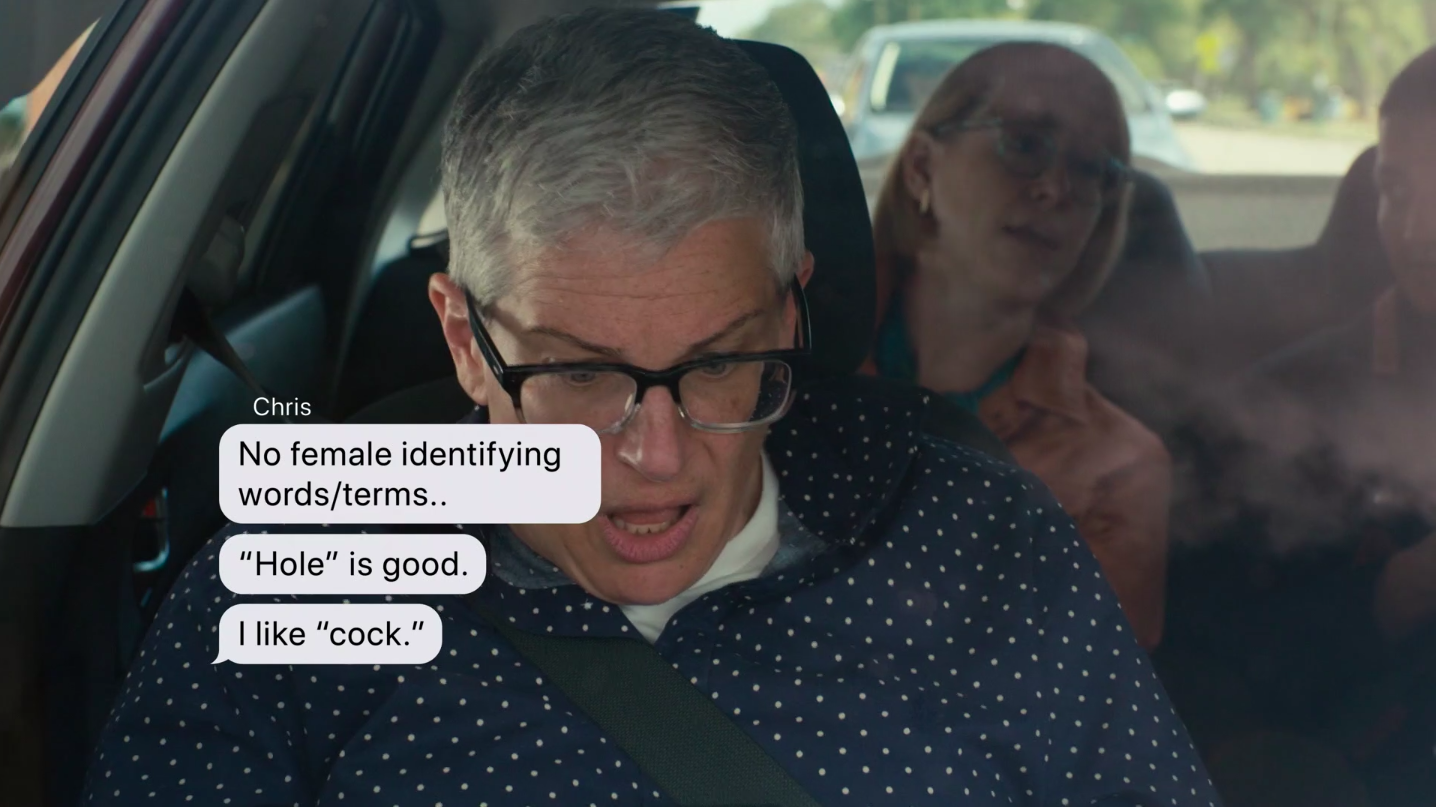
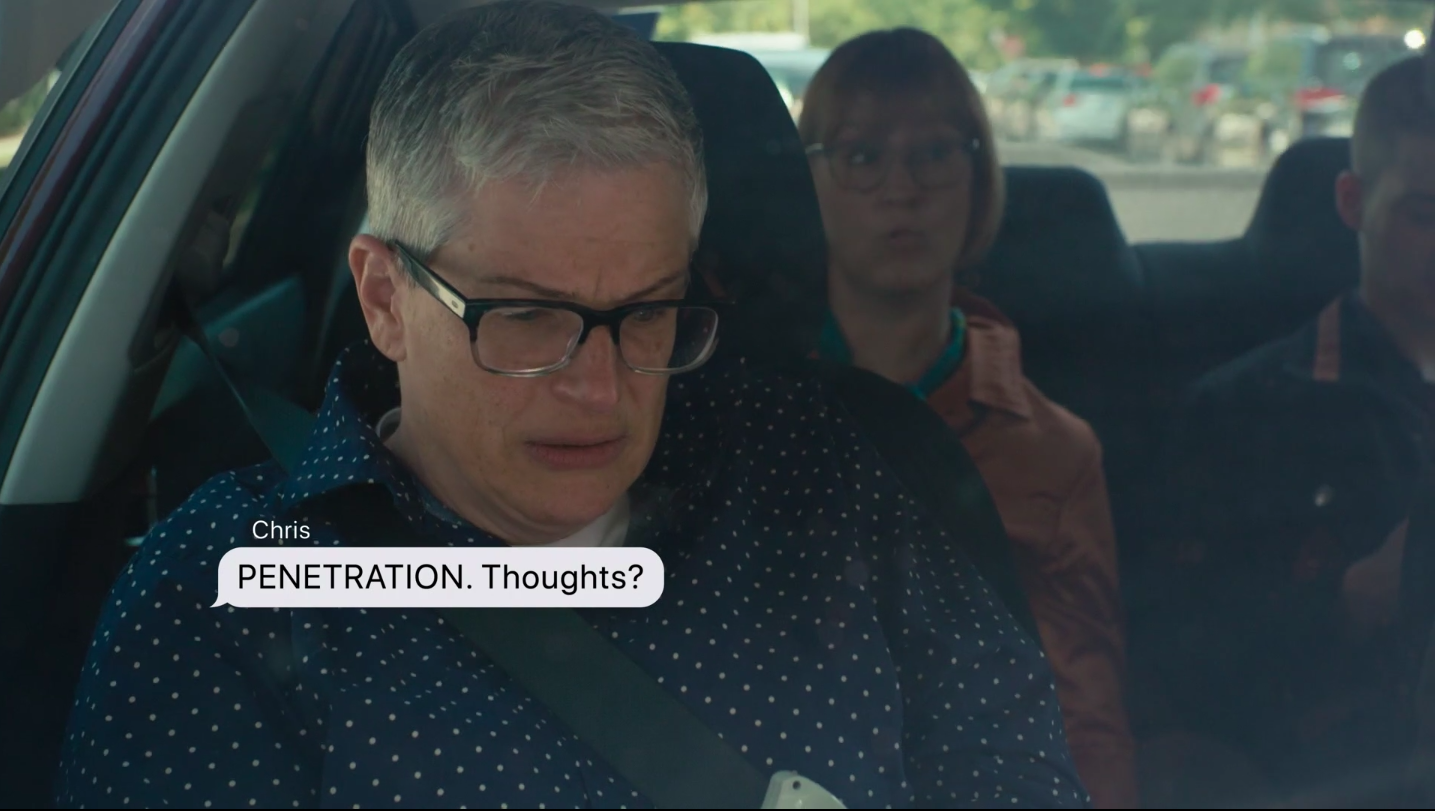
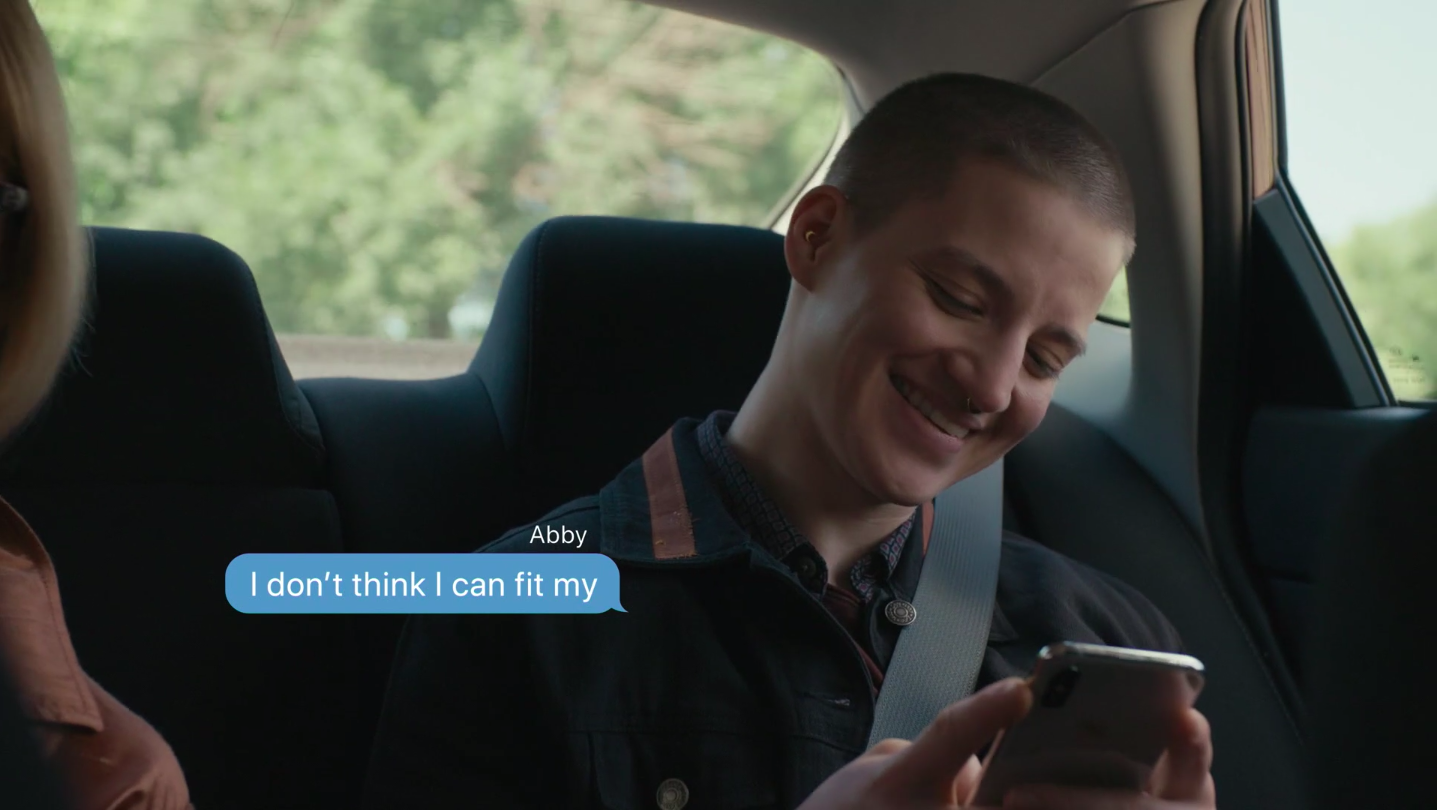
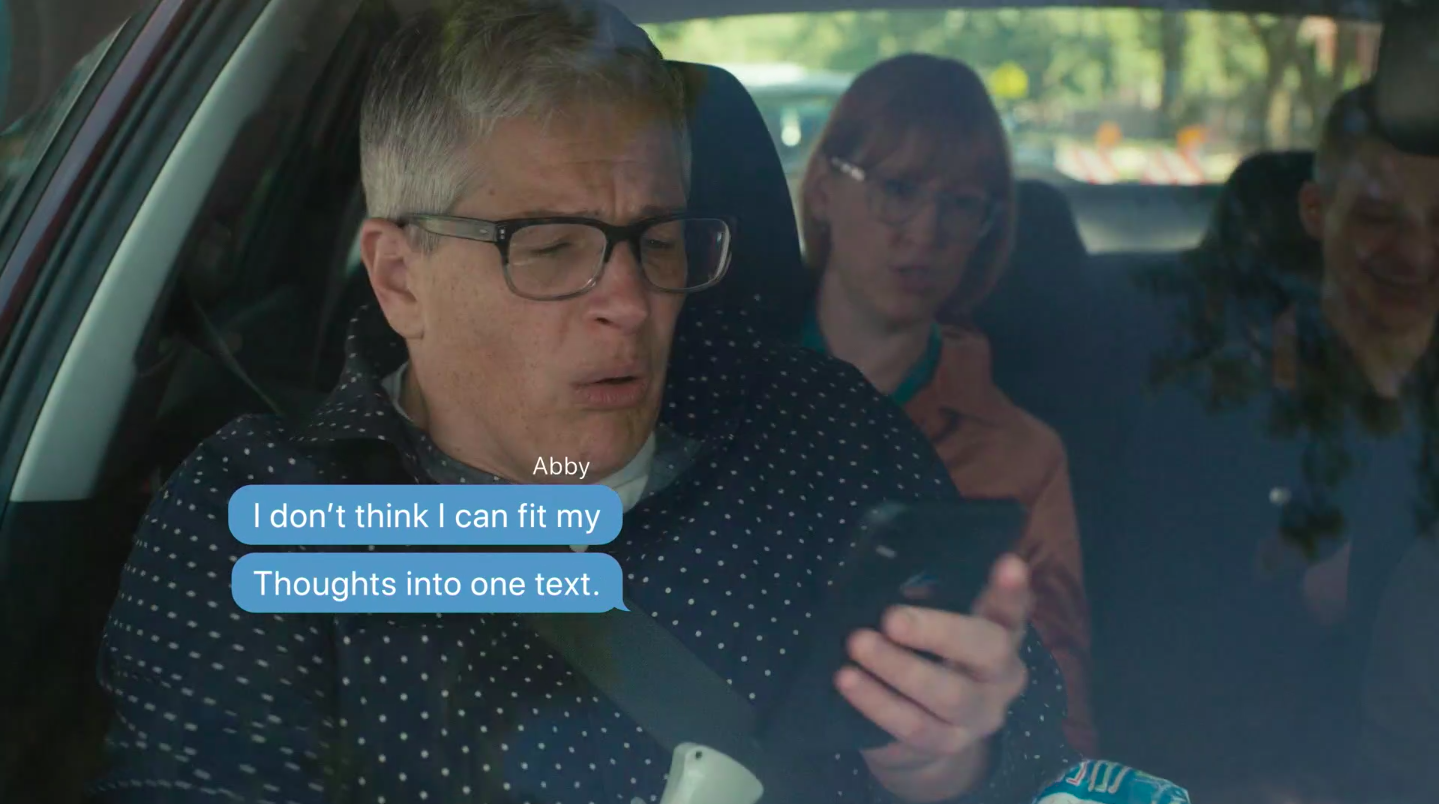
The difference between the two shows is most pronounced in the way its transmasc characters are treated on-screen. Gen Q still slows down too much to make Micah’s character feel instructional for a cis audience. Chris’s character on Work in Progress can have instructional moments (explaining deadnames to Abby, for example), but he isn’t for cis people.
While Gen Q has claimed it is attempting to make up for the harm they caused to the trans community with the character of Max on the original L Word (and it was bad; many trans men have cited Max’s portrayal as the reason they were afraid to go on T and many others are refusing to even give Gen Q a chance this time around), they still haven’t allowed Micah’s character to exist outside of his transness. Every part of his storyline has hinged on being trans. Of course, the fact that he is trans will touch his story, as it should. But it should not be the only part of his story. So far, it has been. I hope season two will change this.
Something else I love about Work in Progress is the way it subverts the stereotype that lesbians of a certain age are always TERFy. Though Abby thinks Chris is a woman when he initially asks her out, she doesn’t bat an eye when he reveals that he’s a trans man. None of her friends, do, either. Contrast the way Abby and her friends accept Chris with the transphobia from dates and family members that has characterized almost the entirety of Micah’s storyline on Gen Q.
The fact that I can even write this piece is a good thing: the more shows we have about queer people, by queer people, the better. For queer women, The L Word has been our only real choice over a decade. We lived, we laughed, we loved, and we watched because it was all we had. This week, the NYT wrote about transmasc actors finally getting representation, and featured both Theo Germaine, who plays Chris on WiP, and Leo Sheng, who plays Micah on Gen Q (the fact that this story marked the first time the NYT ever printed the word “transmasculine” is its own testament to how bad the NYT has been at covering trans folks and issues). More is undoubtedly better.
But as we get more queer shows, it’s worth considering who that work is for. Queers are socialized in the same cishet, white supremacist patriarchy as everyone else. That means we internalize the same messages—including beauty standards, relationship models, and values. We are just as capable of perpetuating harmful or unrealistic stereotypes as anyone else (I keep thinking about Andrea Long Chu’s epic takedown of Jill Soloway’s memoir as an example of this).
There should be room for high fantasy shows like Gen Q (though I have issues with this super femme version of queerness as the one presented as aspirational) and more realistic ones like Work in Progress. I don’t think we’re fully there yet, though, which is why so much of Gen Q still feels frustrating and unsatisfying. It does, however, make WiP feel like a chaser after taking a shot of The L Word.
I can’t wait for season two—of both shows. Gen Q may be frustrating but whew, those sex scenes (Gigi is the femme top of my dreams).
